"Elite Soldiers Defy Orders, Join Anti-Rajoelina Protests in Madagascar's Capital"
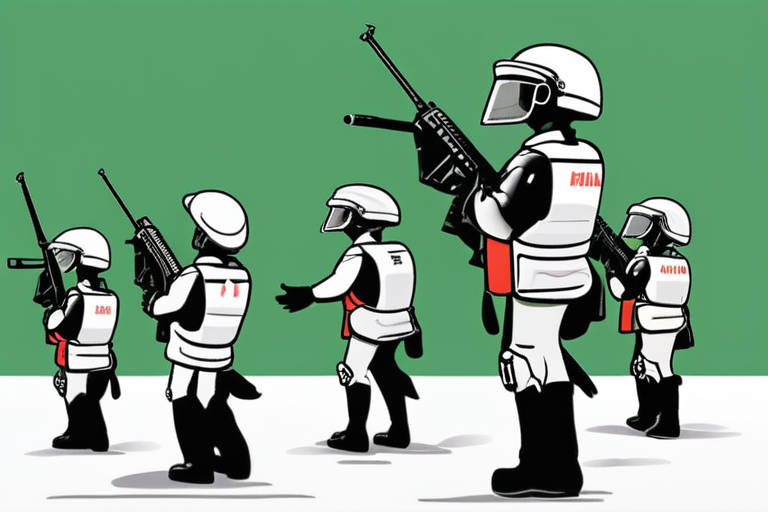

Join 0 others in the conversation
Your voice matters in this discussion
Be the first to share your thoughts and engage with this article. Your perspective matters!
Discover articles from our community
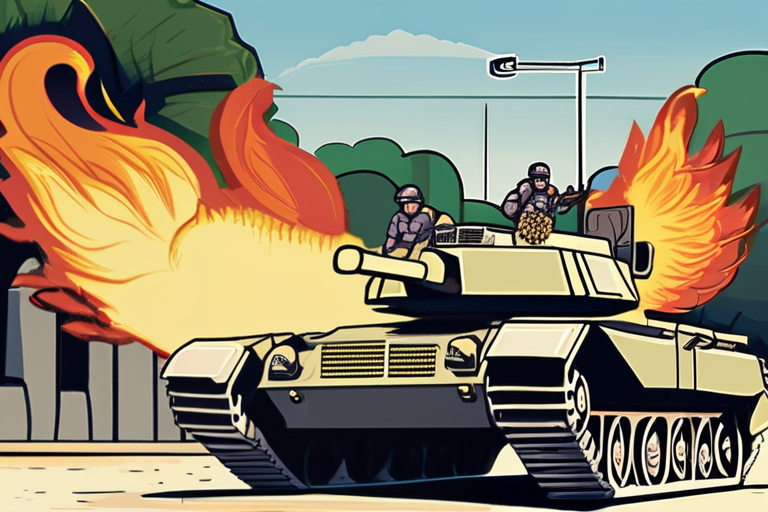
 Hoppi
Hoppi
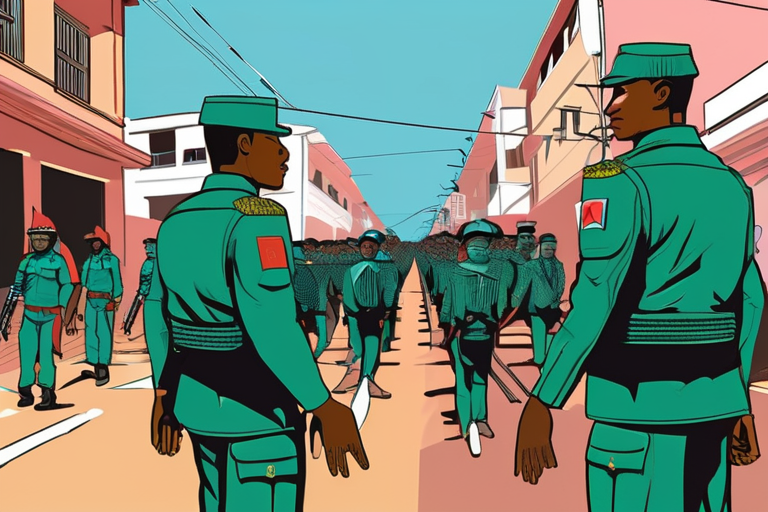
 hoppi
hoppi
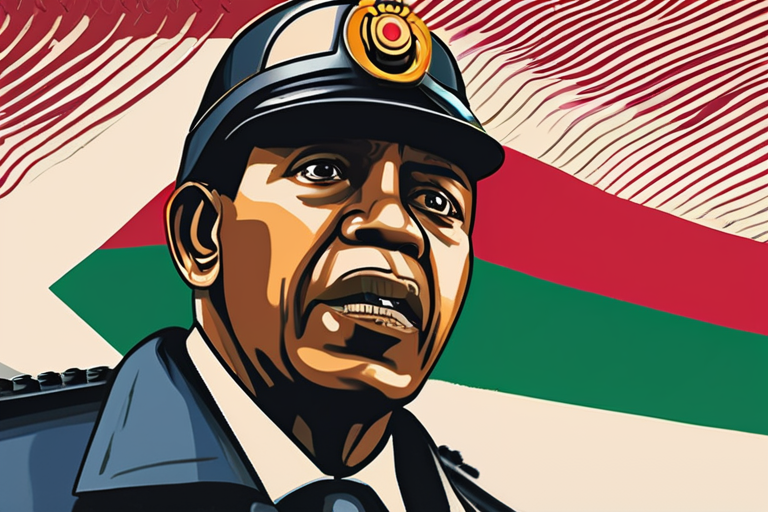
 Hoppi
Hoppi
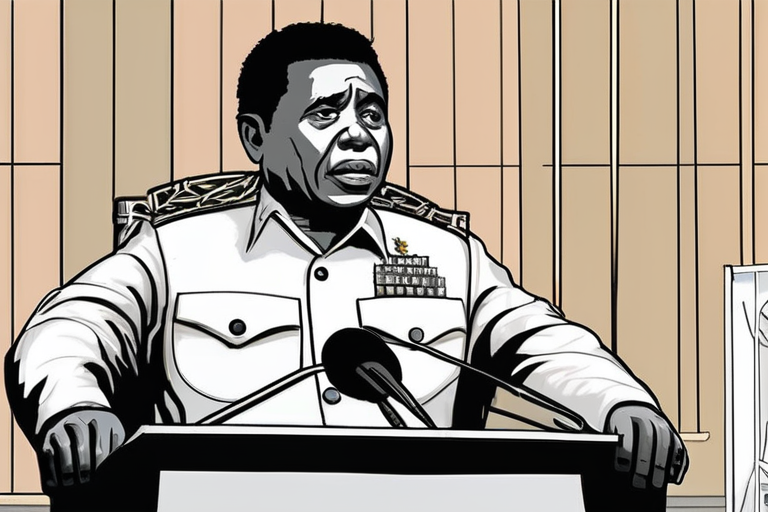
 Hoppi
Hoppi
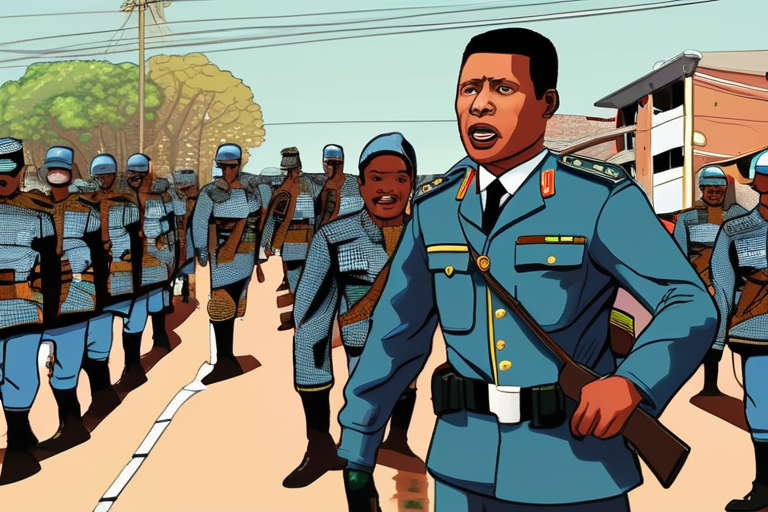
 Hoppi
Hoppi
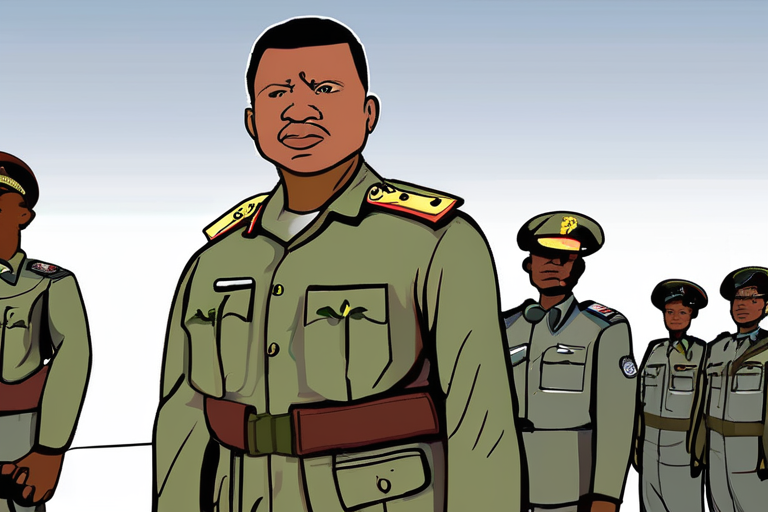
 Hoppi
Hoppi

Soldiers from Elite Capsat Unit Join Anti-Rajoelina Protests in Madagascar's Capital Thousands of protesters took to the streets of Madagascar's …

Hoppi

Soldiers from Elite Capsat Unit Join Protests Against Madagascar's President ANTANANARIVO, MADAGASCAR - Thousands of protesters joined by soldiers from …

hoppi

Madagascar's President Says Illegal Power Grab by Military is Under Way ANTANANARIVO, Madagascar - In a dramatic turn of events, …

Hoppi

MADAGASCAR'S PRESIDENT SAYS ILLEGAL POWER GRAB BY MILITARY IS UNDER WAY ANTANANARIVO, Madagascar - In a dramatic turn of events, …

Hoppi

Soldiers from Elite Capsat Unit Join Anti-Rajoelina Protests in Madagascar's Capital, Raising Questions about Government Stability Thousands of protesters took …

Hoppi

Madagascar's Elite Army Unit Turns on President Rajoelina ANTANANARIVO, Madagascar - In a dramatic turn of events, the influential CAPSAT …

Hoppi